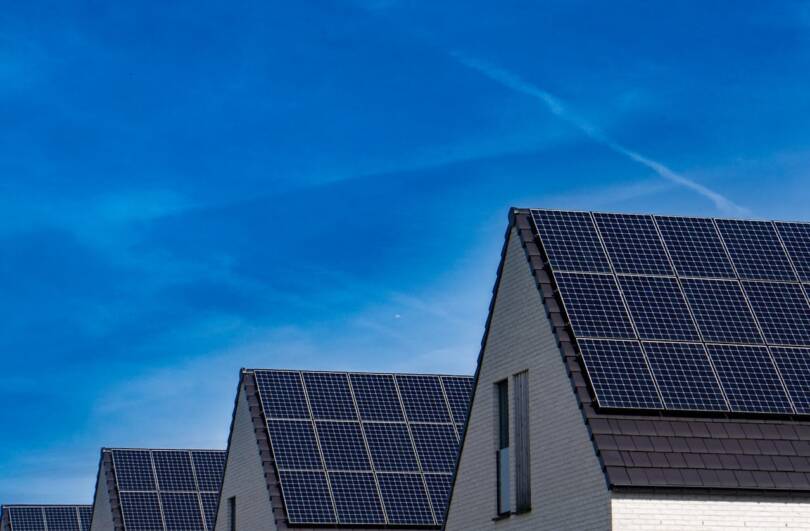Solar panels have been around for several years now, but it’s only recently that they’ve significantly grown in popularity across various homesteads, businesses and even governmental infrastructures globally. But what’s causing this accelerated interest and adoption of solar systems? This article explores the driving forces that make solar panels increasingly popular, highlighting why now could be an optimum time for consumers to tap into this renewable source of energy.
The Appeal of Renewable Energy
Feel like you are frequently taken aback by hefty electricity bills and aren’t sure what to do? Sorting through a solar panel buying guide might be the solution. A large majority of our energy consumption in the UK currently relies heavily on finite and environmentally harmful sources. From oil and coal to natural gas, these sources have detrimental effects on our planet and are estimated to be negligible by the close of this century. This energy conundrum has led to the exploration and subsequent exploitation of renewable energy sources, particularly solar power.
The sun, a vast and infinite energy source, beams approximately 173,000 terawatts of solar energy to Earth, dwarfing our global energy consumption of 15 terawatts. With the correct technology, like solar panels, we can harness this abundant energy source to our advantage, dramatically reducing our reliance on conventional power sources.
Failing Economy of Fossil Fuels
The cost of generating electricity from traditional fossil fuels is escalating overtime — and these escalating costs are often passed on to unsuspecting consumers through increased electricity tariffs. Coal, oil, and natural gas extraction have become increasingly expensive due to increased demand and reduced supplies, driving up energy prices.
In stark contrast, the cost of installing a solar panel system has declined drastically over the years, making it much more accessible to ordinary homeowners and small businesses. Moreover, the long-term savings are undeniable, as the energy generated by the sun is entirely free.
Government Initiatives and Incentives
Incidentally, governments worldwide, including the UK, are also contributing to the solar panel popularity surge. With the urgency to combat climate change and reach carbon neutrality, many governments have set aggressive renewable energy targets. In the UK, the government is prioritising solar power, offering various incentives to homeowners and businesses that install solar panel systems — such a reduction on VAT for solar installations.
Equally, the Feed-In Tariff, which rewards households for producing their own solar energy, was replaced by the Smart Export Guarantee, a scheme obliging energy suppliers to pay homeowners for any surplus of solar energy they export back to the grid. These incentives not only help mitigate the initial costs of installing solar panels but also provide a way of generating income, further increasing their appeal.
As the threats of climate change grow more significant, the necessity for renewable energy is becoming increasingly urgent. Solar power, with its abundant supply and numerous economic benefits, is emerging as a frontrunner in the shift to renewable energy. The meteoric rise in popularity is driven by various factors, from the reducing cost of installation, government incentives to the instability of fossil fuel prices.
Solar power not only aligns with the world’s mission to reduce carbon footprints, but it also makes economic sense for individuals and businesses. It may then come as no surprise that solar panels are breaking away from the confines of the ‘alternative’ and transitioning into mainstream, everyday life. Therefore, if you’ve seriously contemplated tapping into the sun’s energy, now might just be the perfect time.









